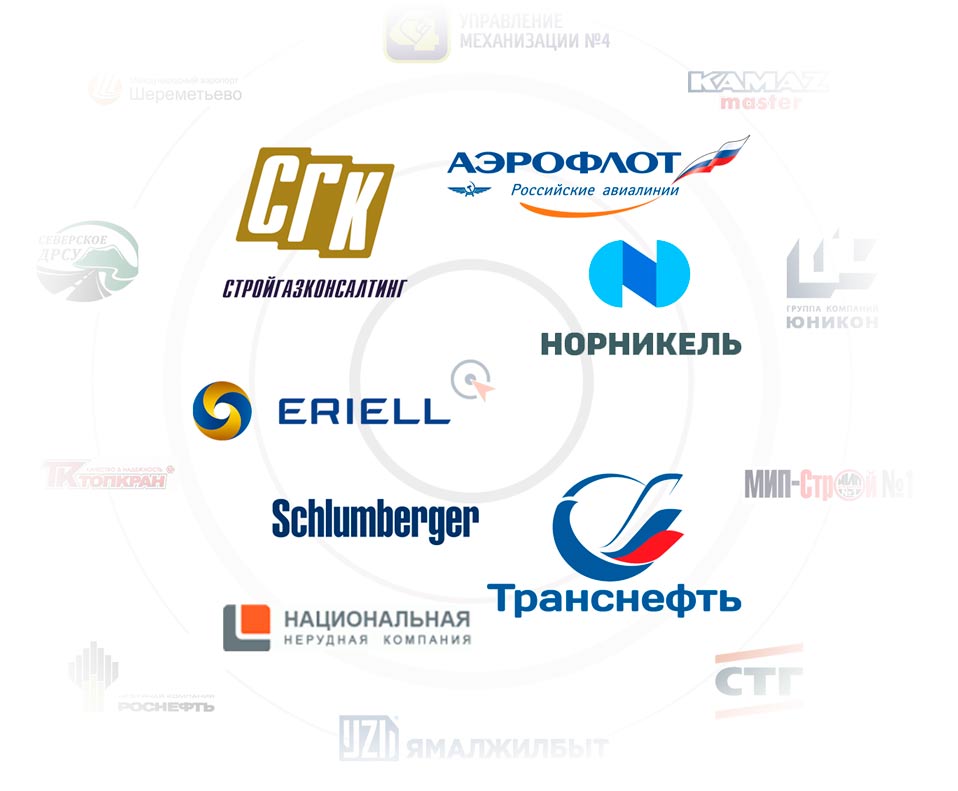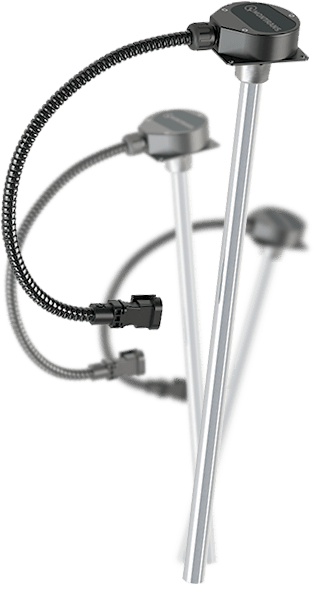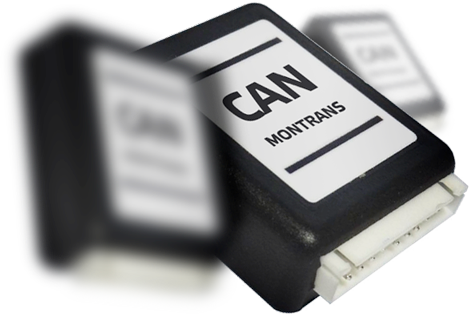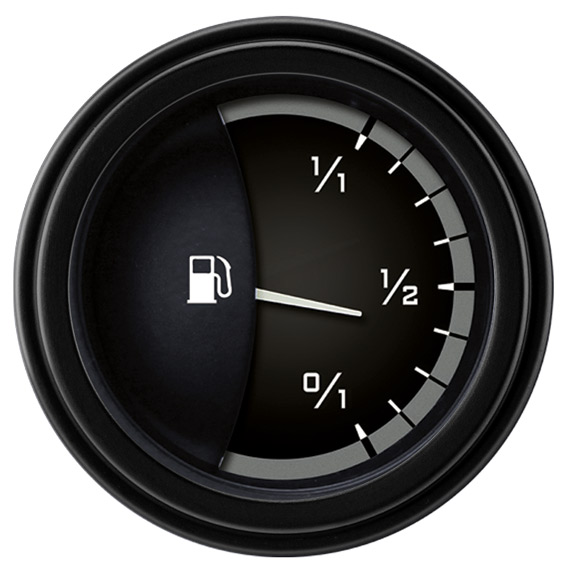



20+
Years of experience
11
Branch offices
25000+
Facilities under service
22
Regions of operation

Our social media
India:
Uzbekistan:
Fuel consumption control

Fuel Consumption Monitoring System (FCMS)
FCMS - Fuel Consumption Monitoring System
Controlling fuel and lubricant consumption is one of the top priorities for a fleet owner. After all, it is fuel costs that have the greatest weight in the structure of transportation costs.
It is possible to increase business efficiency by installing a fuel consumption monitoring system (FCMS). It helps with fuel consumption reduction.
A fuel control and accounting system is also a software application that allows you to monitor fuel refueling, expenses and fuel balance. The application can be integrated with existing accounting systems and provide reports on fuel utilization.
It is possible to increase business efficiency by installing a fuel consumption monitoring system (FCMS). It helps with fuel consumption reduction.
A fuel control and accounting system is also a software application that allows you to monitor fuel refueling, expenses and fuel balance. The application can be integrated with existing accounting systems and provide reports on fuel utilization.


Monitoring of fuel consumption in the tank by means of fuel level sensors
Fuel control system (fcms) is primarily a fuel consumption control sensor, which is installed in the vehicle tank and transmits information about the fuel level and its consumption to the vehicle monitoring system. Generalization of this information allows not only to predict and accurately calculate fuel costs, as well as the mode of operation of vehicles, but also to reduce cases of misuse of equipment, to establish fuel accounting.
Perfect for:
✔ Freight transport
✔ Specialized vehicles
✔ Diesel power stations
✔ Light commercial vehicles
Information on fuel consumption and level is transmitted to the satellite monitoring system from the vehicle's on-board computer via CAN-bus. The computer itself receives fuel data from the standard sensor installed in the tank by the manufacturer. Control of any fuel consumption by means of CAN-bus is easy and inexpensive!
Perfect for:
✔ Light motor vehicles
✔ Light commercial vehicles
Fuel control of fuel tankers
The fuel control system allows to keep records of fuel and lubricants received by the fuel tanker at the oil depot, record fuel delivery, and monitor technical indicators. This will save a considerable amount of money for the company and ensure safety when transporting dangerous goods.
To ensure effective control and monitoring of gasoline tankers in real time, special satellite GLONASS monitoring systems have been developed.
To ensure effective control and monitoring of gasoline tankers in real time, special satellite GLONASS monitoring systems have been developed.
✔ Controls the complete cycle of fuel movement at the company
✔ Ensures collection, storage and transmission of data on refueling and discharges
✔ Connects to the standard fuel dispensing meter
✔ Saves staff time
Monitoring of fuel consumption in the tank, refueling and draining can be done in many ways. But it is not always possible to install a plug-in remote control or fuel meter due to design features.
Also, it is not always cost-effective to install separate sensors for flow control. In such cases, it is possible to connect to the standard fuel level sensors.
Also, it is not always cost-effective to install separate sensors for flow control. In such cases, it is possible to connect to the standard fuel level sensors.
Montrans fuel consumption monitoring system (fuel tank monitoring)
Satellite Fuel Metering System is a technology that tracks fuel consumption of vehicles using satellite monitoring.
FCMS is part of the Fleet Management satellite system (the management area dealing with control and functionality of the enterprise) and consists in tracking the performance indicators of vehicles related to fuel consumption. This system eliminates unauthorized fuel drains in the fleet and helps to minimize the costs of their use. First of all, it is based on the installation of a fuel level sensor (FLS) placed in the fuel tank (without affecting the performance of the fuel system), after which it is connected to a GPS/GLONASS tracker. When the fuel control sensor (FLS) is installed, Montrans specialists perform its calibration - the required amount of fuel is poured into the tank and the data is checked with the elimination of minimal errors. The results of the final calibration are entered into the software that converts the figures into clear visual graphs and tables, which makes their analysis convenient and intuitive.
FCMS is part of the Fleet Management satellite system (the management area dealing with control and functionality of the enterprise) and consists in tracking the performance indicators of vehicles related to fuel consumption. This system eliminates unauthorized fuel drains in the fleet and helps to minimize the costs of their use. First of all, it is based on the installation of a fuel level sensor (FLS) placed in the fuel tank (without affecting the performance of the fuel system), after which it is connected to a GPS/GLONASS tracker. When the fuel control sensor (FLS) is installed, Montrans specialists perform its calibration - the required amount of fuel is poured into the tank and the data is checked with the elimination of minimal errors. The results of the final calibration are entered into the software that converts the figures into clear visual graphs and tables, which makes their analysis convenient and intuitive.
Advantages of using FCMS at a transportation enterprise
- The FCMS in the satellite monitoring system reduces attempts to manipulate fuel to zero. It records all drains from the fuel tank, providing a detailed report and analysis of all events, which reflects the volume, date, start and end time of fuel draining and filling.
- All fueling stations of the vehicle are also included in the report - detailed data about the filling station, the volume of fuel poured, date, time of the beginning and end of fueling are displayed. This completely eliminates the provision of "fake" receipts to the accounting department, the sale of unused fuel vouchers or fuel itself.
- It excludes collusion of the driver with the fuel dispenser or the operator of the filling station.
- Fictitious work of transport also becomes impossible because of the report on actual fuel consumption, because the difference between the actual work of the vehicle and the one that the dishonest driver is trying to present will be immediately noticeable.
The system of control of fuel in the tank from the company "Montrans" disciplines drivers, allowing to identify the causes of overconsumption of fuel and lubricants and significantly increases the efficiency of the fleet, reduces its costs for the amortization of vehicles, nullifying fraud with fuel.
GPS/GLONASS system provides precise location of vehicles and allows to track their movement on the map in real time. Using the location data, the fuel consumption control system determines the actual mileage, compares it with the fuel consumption and calculates the fuel efficiency coefficient (FEC).
- All fueling stations of the vehicle are also included in the report - detailed data about the filling station, the volume of fuel poured, date, time of the beginning and end of fueling are displayed. This completely eliminates the provision of "fake" receipts to the accounting department, the sale of unused fuel vouchers or fuel itself.
- It excludes collusion of the driver with the fuel dispenser or the operator of the filling station.
- Fictitious work of transport also becomes impossible because of the report on actual fuel consumption, because the difference between the actual work of the vehicle and the one that the dishonest driver is trying to present will be immediately noticeable.
The system of control of fuel in the tank from the company "Montrans" disciplines drivers, allowing to identify the causes of overconsumption of fuel and lubricants and significantly increases the efficiency of the fleet, reduces its costs for the amortization of vehicles, nullifying fraud with fuel.
GPS/GLONASS system provides precise location of vehicles and allows to track their movement on the map in real time. Using the location data, the fuel consumption control system determines the actual mileage, compares it with the fuel consumption and calculates the fuel efficiency coefficient (FEC).
Fuel consumption control
- There are various solutions that utilize GPS/GLONASS and satellite technology to control fuel consumption and monitor vehicles with fuel gauges. Here are some of them:
- Satellite-based fuel consumption control: This system tracks fuel consumption based on data from satellite monitoring. It typically utilizes fuel consumption monitoring sensors integrated with GPS/GLONASS receivers.
- Satellite Vehicle Monitoring: This program tracks the location and movement of vehicles using satellite technology. It can also provide fuel consumption information if the vehicle has the appropriate sensors installed.
- GLONASS/GPS fuel consumption monitoring sensors: These are sensors that are mounted on vehicles and provide fuel consumption information. They are usually integrated with satellite monitoring systems and use GLONASS or GPS technology to transmit fuel consumption data.
- Vehicle monitoring program: This is special software that is used to track and manage vehicles. It may include fuel consumption monitoring and fuel accounting functions to ensure efficient use of resources.
- Fuel meter: This is a device that is used to measure the fuel consumption of a vehicle. It can be integrated with satellite monitoring systems to transmit real-time fuel consumption data.
- Fuel Consumption Monitoring: This is the process of tracking and analyzing fuel consumption in vehicles. It may involve the use of specialized systems and sensors to accurately measure and monitor fuel consumption.
- Fuel accounting system: It is a system designed to record and control fuel consumption in an organization or fleet. It usually includes software to monitor and analyze fuel consumption data, and sensors and devices to collect this data. This leaves you with fuel consumption rates and fuel consumption rates
- This all works with diesel fuel consumption control system and diesel fuel consumption control
Any doubts about your choice?
Leave your contact details, a manager will call you back and help you with your choice

Save up to 40%
We have been automating fleets for over 15 years








